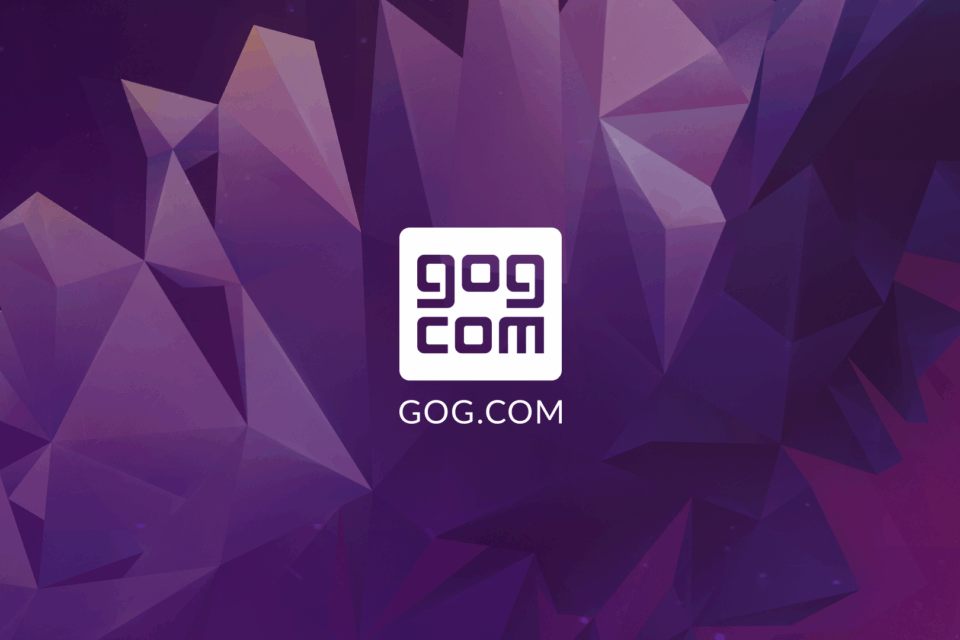Rediscovering Gaming’s Golden Era with GOG.com

In an age where digital rights management (DRM) and online connectivity dominate the gaming experience, GOG.com stands as a nostalgic and user-friendly beacon for both classic game lovers and indie enthusiasts. Originally known as Good Old Games, GOG.com was created by CDP Investment sp. z o.o., part of the renowned CD Projekt group—the same force behind The Witcher series. Since its inception, the platform has carved out a unique space in the gaming world by focusing on accessibility, preservation, and player freedom.
A DRM-Free Revolution
What truly sets GOG.com apart from other digital distribution platforms is its DRM-free philosophy. When you buy a game on GOG, you own it—no always-online requirements, no account tethering, no strings attached. This pro-consumer approach has won the hearts of millions of gamers worldwide, especially those who value ownership and simplicity.
Classic Games Reborn
Initially, GOG.com made its name by reviving classic PC games for modern operating systems. Through clever use of tools like DOSBox and ScummVM, games that once struggled to run on new machines now play smoothly on Windows, macOS, and even Linux. Each game comes with digital extras like wallpapers, manuals, soundtracks, and video materials, offering fans a full retro experience.
By 2010, the platform had sold over six million games across more than 50 countries. Interestingly, more than 50% of sales came from the United States, while Poland—the company’s home—contributed just 3% of total revenue.
Beyond the “Old”
In March 2012, GOG.com rebranded from “Good Old Games” to its current name to reflect its evolving mission. No longer just a home for classics, the store began offering indie gems and modern hits. CD Projekt’s own Witcher series made a notable appearance, signaling GOG’s serious foray into the contemporary gaming landscape.
By August 2014, the catalog had grown to include over 800 titles—some even free—spanning more than 100 developers and publishers, from Ubisoft and Square Enix to Telltale Games and Team17. The same year, GOG diversified further by introducing movies, new payment options, multiple currency support, and a sleek website redesign.
A Thriving Community and Continued Growth
What’s perhaps just as impressive as its library is the vibrant community of gamers who rally around the platform. Forums buzz with discussions about old favorites, technical tips, and shared memories. Financially, the service continued its upward trend—2012 revenue hit 42.1 million PLN, up from 24.9 million PLN in 2011.
Since May 5, 2016, GOG has also supported payments in Polish zloty, further cementing its commitment to user convenience and global accessibility.
Whether you’re looking to relive the glory days of PC gaming or explore boundary-pushing indie creations, GOG.com is more than a store—it’s a celebration of gaming’s past, present, and future.
Happy gaming,
Conrad
